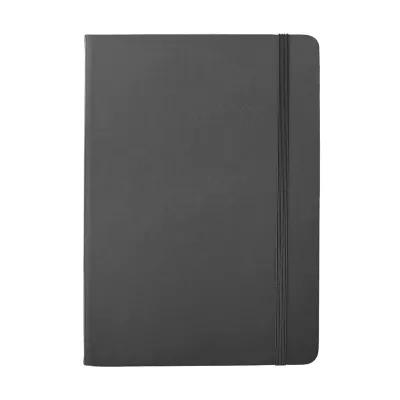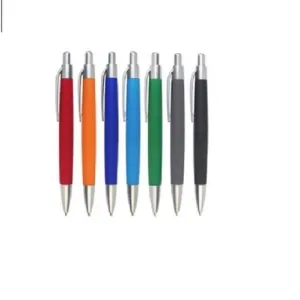Navigating Religious and Cultural Sensitivities: Tips for Eid Gift Marketing
Navigating Religious and Cultural Sensitivities | Tips for Eid Gift Marketing
Eid al-Fitr and Eid al-Adha are two of the most significant religious festivals celebrated by Muslims worldwide, including in the Middle East. As occasions of joy, generosity, and community, Eid celebrations offer businesses a unique opportunity to engage with Muslim consumers through thoughtful gift-giving. However, navigating religious and cultural sensitivities is essential to ensure that Eid gift marketing efforts are respectful and well-received. This essay provides valuable tips for businesses seeking to market gifts effectively during Eid, while also respecting religious and cultural traditions.
Understanding the Significance of Eid
Eid al-Fitr marks the end of Ramadan, the holy month of fasting, while Eid al-Adha commemorates the willingness of Prophet Ibrahim (Abraham) to sacrifice his son as an act of obedience to God. Both festivals are characterized by prayers, feasting, and the exchange of gifts among family, friends, and neighbors. Eid celebrations are deeply rooted in Islamic traditions and values of compassion, gratitude, and generosity.
Respect Religious Observances
When marketing gifts for Eid, businesses must be sensitive to the religious observances associated with the festivals. Avoiding promotions or advertisements that trivialize or commercialize the religious significance of Eid is crucial. Instead, focus on messages that convey respect for the spiritual aspects of the festivals and emphasize the values of unity, charity, and community.
Offer Thoughtful and Meaningful Gifts
Eid gifts should be chosen with care and consideration, reflecting the spirit of the occasion and the preferences of the recipient. Consider offering gifts that promote well-being, such as gourmet food hampers, wellness packages, or home decor items. Personalization adds an extra touch of thoughtfulness and shows the recipient that the gift was chosen with them in mind.
Embrace Diversity and Inclusivity
The Middle East is home to diverse cultures, languages, and traditions, and Eid celebrations may vary across different regions and communities. When marketing Eid gifts, embrace diversity and inclusivity by offering a range of products and designs that cater to different tastes and preferences. Avoid making assumptions about the homogeneity of Muslim consumers and celebrate the rich diversity of the region.
Be Mindful of Dietary Restrictions
During Eid celebrations, food plays a central role, with families and friends coming together to share festive meals. When offering food-related gifts, be mindful of dietary restrictions and preferences, such as halal and vegetarian options. Providing a variety of choices ensures that all recipients can enjoy the gifts without compromising their religious or cultural beliefs.
Give Back to the Community
Eid is also a time for giving back to the community and supporting those in need. Businesses can incorporate charitable initiatives into their Eid gift marketing campaigns, such as donating a portion of sales proceeds to local charities or organizing food drives for disadvantaged families. By demonstrating social responsibility and generosity, businesses can enhance their brand reputation and make a positive impact on society.
Conclusion
Navigating religious and cultural sensitivities is essential for businesses seeking to market gifts effectively during Eid in the Middle East. By respecting the religious observances, offering thoughtful and meaningful gifts, embracing diversity and inclusivity, being mindful of dietary restrictions, and giving back to the community, businesses can engage with Muslim consumers in a respectful and culturally sensitive manner. Eid gift marketing presents an opportunity for businesses to strengthen relationships, foster goodwill, and celebrate the spirit of unity and generosity that defines Eid celebrations in the region.
Special Offers's Products
ake advantage of our exclusive special offers at Elzit! Enjoy great discounts on a wide range of promotional products, corporate gifts, and customized items. Whether you're planning for an event or looking to boost your brand, our special offers provide premium quality at unbeatable prices. Don’t miss out on these limited-time deals to make your occasion even more memorable









